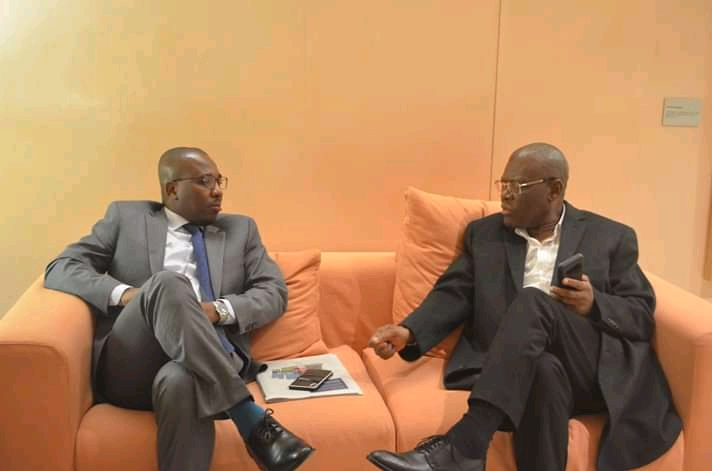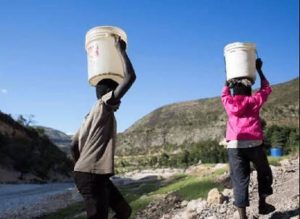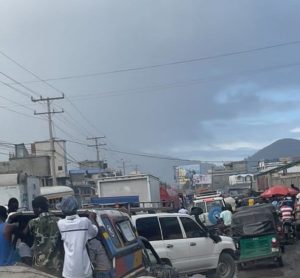The 25th Conference of the Parties (COP25) on the climate takes place from December 2 to December 13 in Madrid, Spain. Senior State officials are meeting on Monday, December 9, including the Minister of the Environment, Ing. Joseph JOUTHE, in the vicinity, to decide on the commitments and efforts of the country to strengthen climate action.
In parallel with the 24th edition, Haiti is once again pursuing a fourfold objective in relation to climate change: Promote, at the level of all sectors and other Ministries, a climate-smart national development; Create a coherent framework of responses for country directions and actions to address the impacts of climate change; Promote environmental education and climate change as a real strategic lever to promote the emergence of environmental and climatic citizenship and finally Establish a reliable system of measurement, reporting and verification that can fuel the iterative processes Planning for National Climate Change Initiatives.
M. JOUTHE, Minister of Environment who left the Republic of Haiti this Saturday, December 07, 2019, joined the Haitian delegation taking part in the negotiations of the 25th Session of the Conference of the Parties (COP25) to the Framework Convention Climate Change (CCNUCC), which began on December 2, is taking advantage of its presence to renew the Haitian State’s commitment to strengthen the country’s resilience to climate shocks and to contribute to the global effort to mitigate climate change phenomenon.
It should be noted that since the opening of COP25, a multisectoral delegation from Haiti is taking part in the technical negotiations to prepare draft decisions or conclusions that should be adopted by 13 December. During these, the Haitian delegates have set Haiti’s priorities again as a low emitting country of Greenhouse Gases, which bears the full brunt of the consequences of climate change.
Recall that the United Nations Conferences on Climate Change stem from a process initiated by the UN in 1992 following the Rio Summit to deal with the phenomenon of global warming. It has 196 States Parties, making it the most ratified Rio Convention.







